How to Make Lacto-Fermented Hot Sauce
Ali Segersten Nov 01, 2021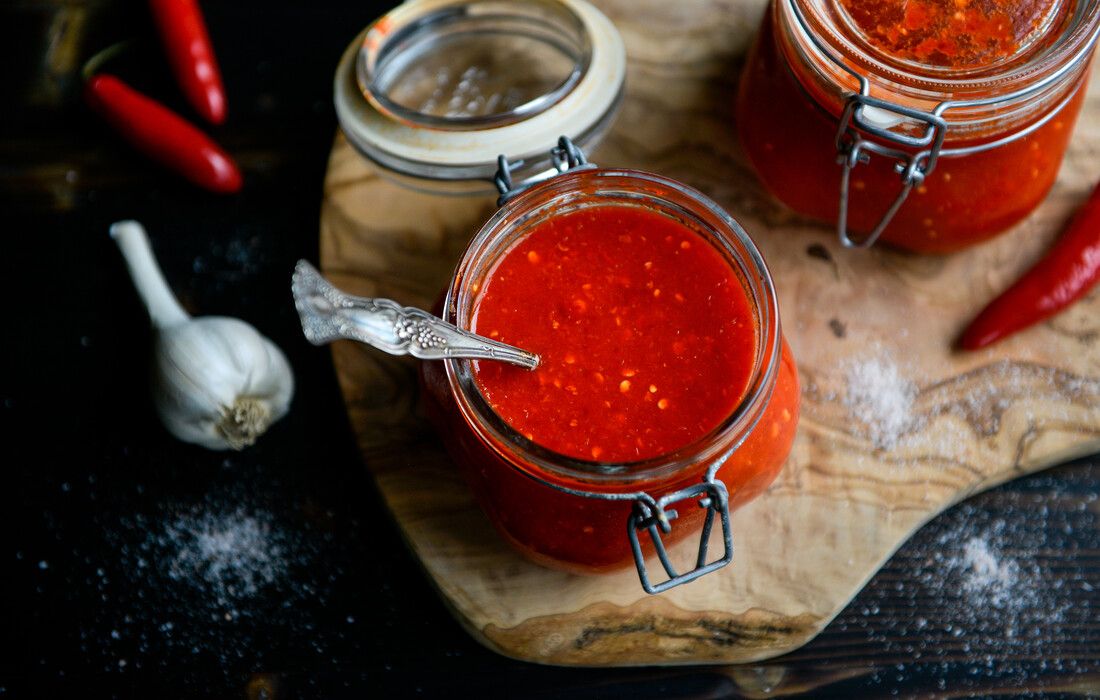
Making your own lacto-fermented hot sauce is a wonderful way to naturally preserve your hot pepper garden harvest! Once fermented, the hot sauce should last for about 9 to 12 months in your refrigerator. Use this tangy and spicy hot sauce to top scrambled eggs, stir-fries, soups, and all types of Thai food! Each time you use it, you are consuming a wide variety of beneficial bacteria that help to promote gut health.
Lacto-fermentation is a process involving lactobacilli—beneficial organisms that are naturally present on vegetable skins. During this process, these lactobacilli consume sugars in the vegetables in an anaerobic environment. Salt is used to deter the growth of other, non-beneficial organisms and allow the lactobacilli to flourish in order to produce acids that will preserve the vegetables.
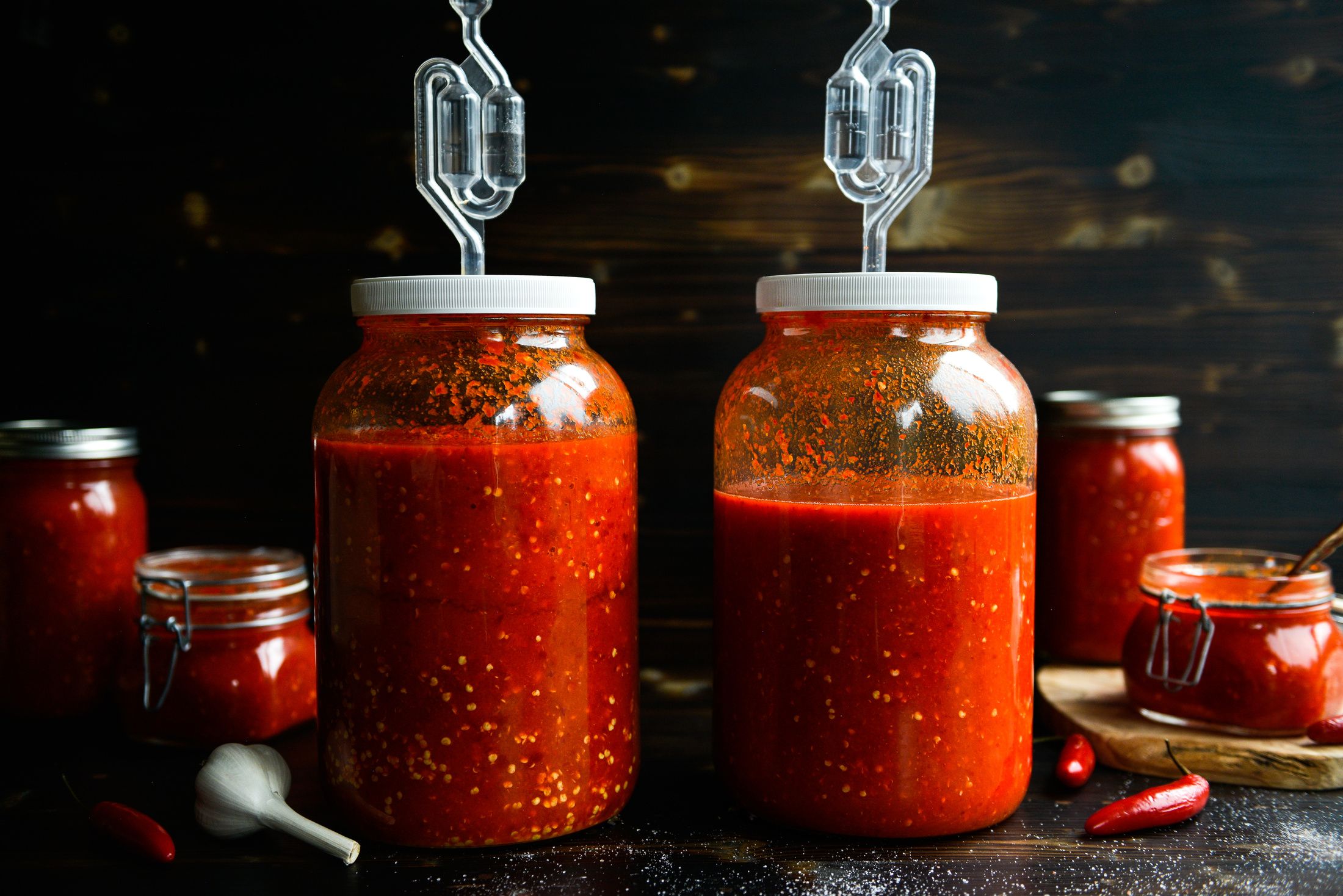
I make a few gallons each year after I harvest all of the peppers growing in my garden. The sweet red bell peppers balance out the spiciness in the hot peppers to make the sauce tolerable and enjoyable—not just all spice! Each batch I make is a little bit different, depending on how many bell peppers I include and which variety of hot chili pepper I use most.
You can make this recipe using green bell peppers and hot green chili peppers as well. It is important to use all red or orange peppers in one batch and all green peppers in a separate batch, otherwise you'll get an unappetizing brown hot sauce. Green chili peppers and bell peppers will ripen and turn red on the vine or on your counter after harvest, so just wait if you don't quite have enough red chili peppers yet to make this recipe
To make this recipe you'll need:
- A blender
- A good quality salt (I use Real Salt for fermentation)
- A gallon glass jar with an air-lock lid or several quart jars with quart-sized air-lock lids
- Eight 17-ounce latch lid jars for long-term storage

About the Author
Alissa Segersten, MS, CN
Alissa Segersten, MS, CN, is the founder of Nourishing Meals®, an online meal-planning membership with over 2000 nourishing recipes and tools to support dietary change and better health. As a functional nutritionist, professional recipe developer, and author of The Whole Life Nutrition Cookbook, Nourishing Meals, and co-author of The Elimination Diet, she helps people overcome health challenges through food. A mother of five, Alissa understands the importance of creating nutrient-dense meals for the whole family. Rooted in science and deep nourishment, her work makes healthy eating accessible, empowering thousands to transform their well-being through food.Nourishing Meals Newsletter
Email updates.
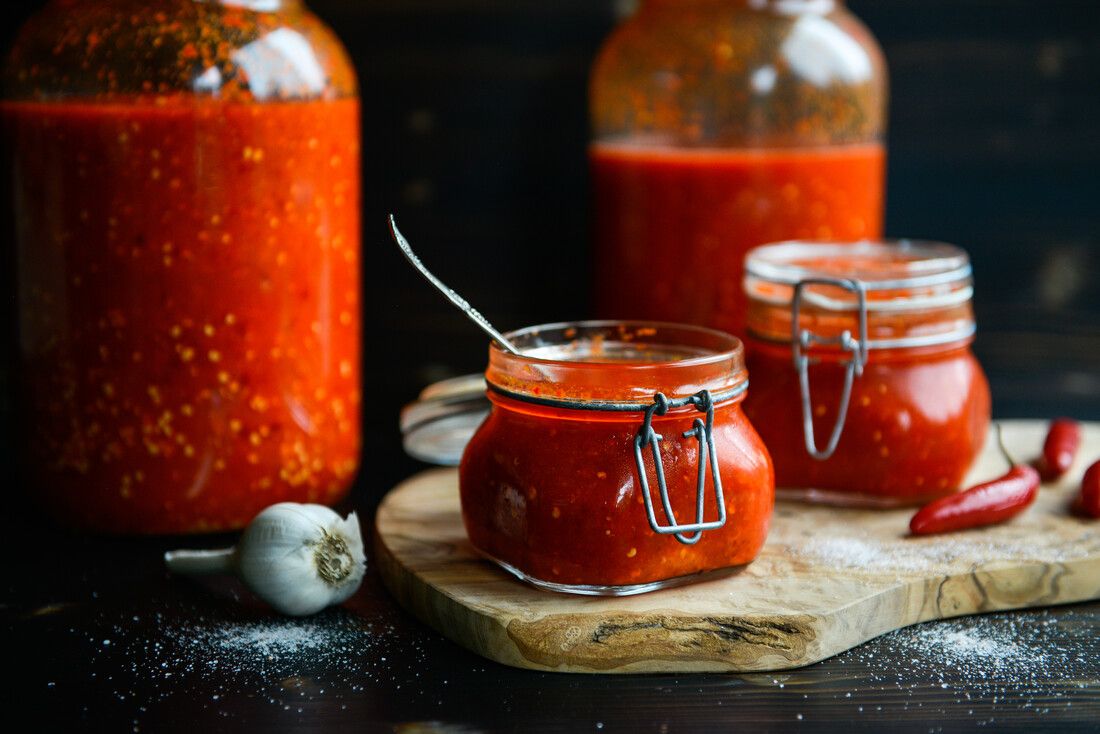
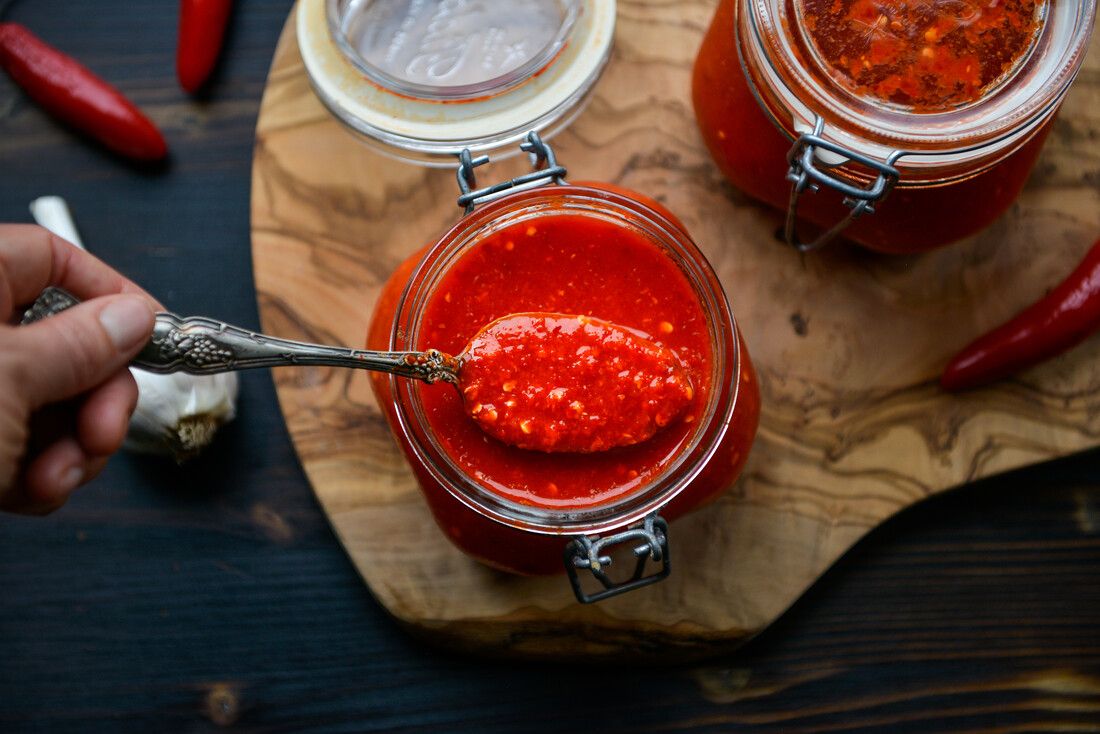
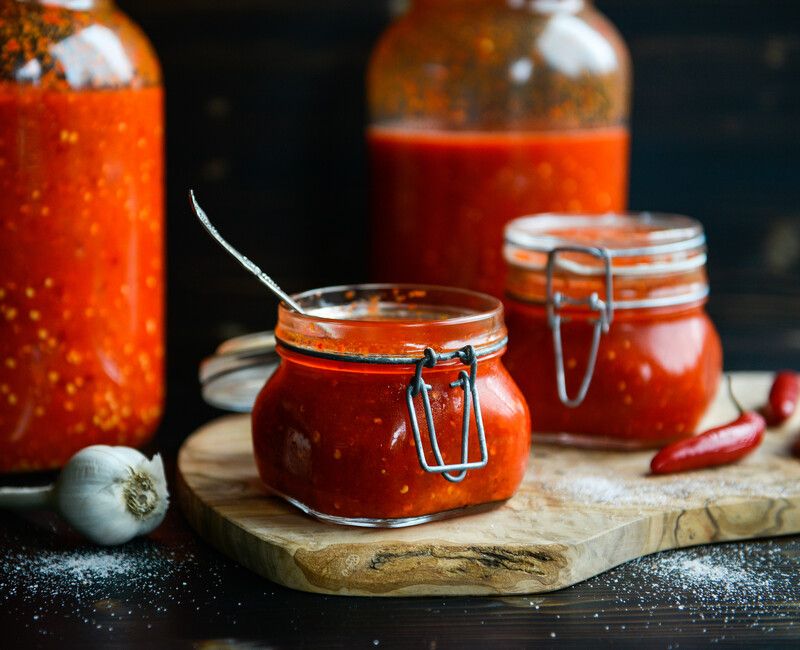
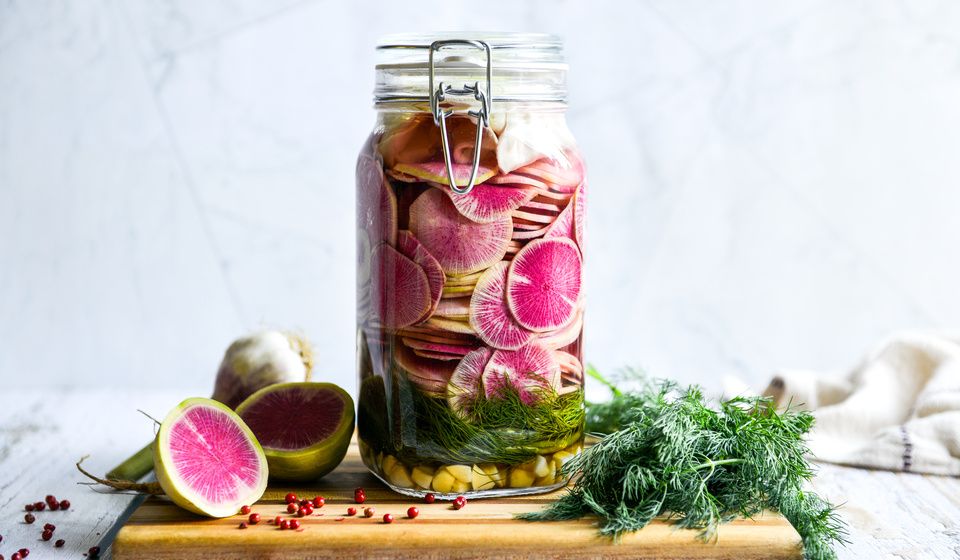
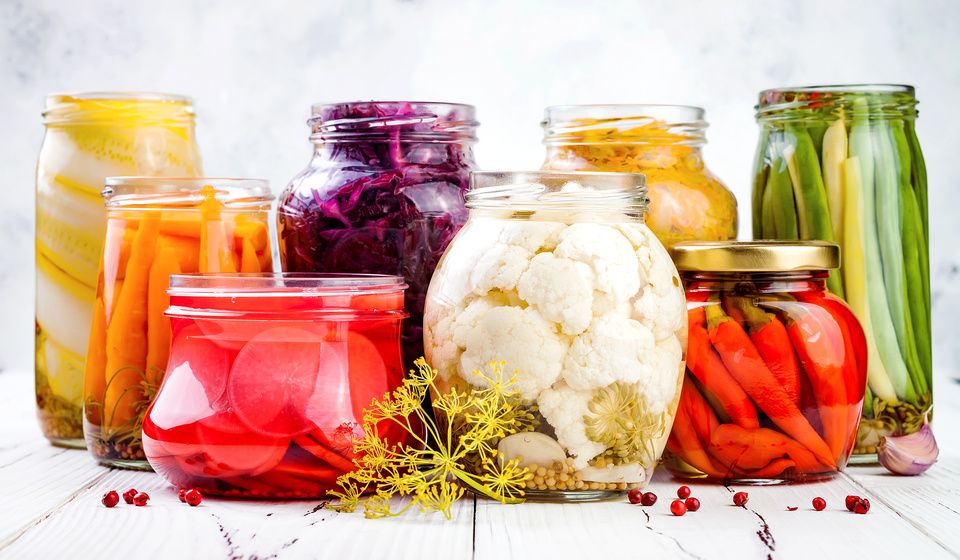
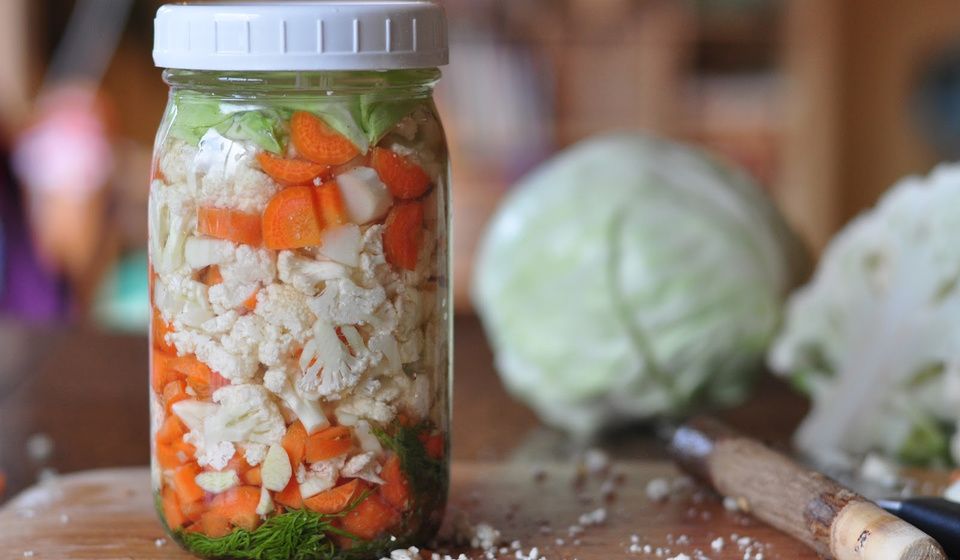
Add Comment